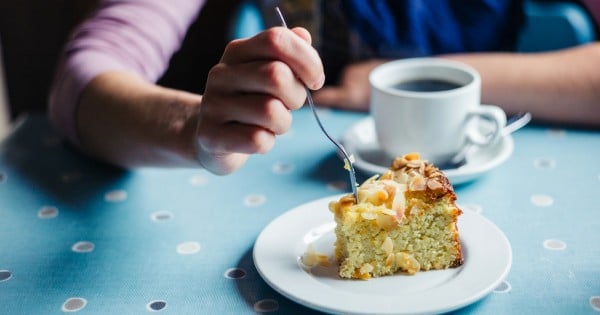
When people picture an eating disorder, they often imagine shocking behaviors that deviate wildly from normal eating.
But our society’s definition of “normal,” especially for women, can look so similar to an eating disorder that it’s hard to tell when you’ve crossed the line between healthy and disordered eating.
That’s why, by following popular health advice, I became anorexic without even knowing it.
At age 15, I read an advice book for girls with a chapter on cultivating a healthy diet. It warned readers about the prevalence of obesity and gave tips to avoid it: Quell the urge to eat with gum, set down your fork between bites, don’t eat between meals, stop before you’re full.



Top Comments
I am very happy for the author, who clearly turned her life around after a good stint in a rehabilitation centre. However, I know of two women with an ED and they have been through several stints and some even more invasive treatments are they are not on the road to redemption. The help they are able to access is limited (to funds) as the public system just chews them up and spits them out (no pun intended). More needs to be done for suffers of ED within the public system.
Because of bed closures in sydney you don't get a ED bed until you have a BMI of 12 or below. That's nearly dead.
And that is where one of my acquaintances is at. It is not given any priority in services provided and is treated like its an optional illness. Its very hard to watch.